Stock Declines of Nintendo and Sony Amid Market Volatility
On Monday shares of major companies like Nintendo Co. and Sony Group Corp. dropped by over 10% during trading in Tokyo. The primary reason for this mass sell-off was the recent comments from U.S. President Donald Trump regarding new tariffs imposed on imports from the country, negatively impacting the investment climate and profit expectations for companies in Japan.
Reasons for the Stock Decline
One of the key factors behind the sharp decline in stock prices is the uncertainty surrounding trade relations between the U.S. and Japan. This situation could have a critical impact on businesses like Nintendo and Sony, as both companies heavily rely on the American market.
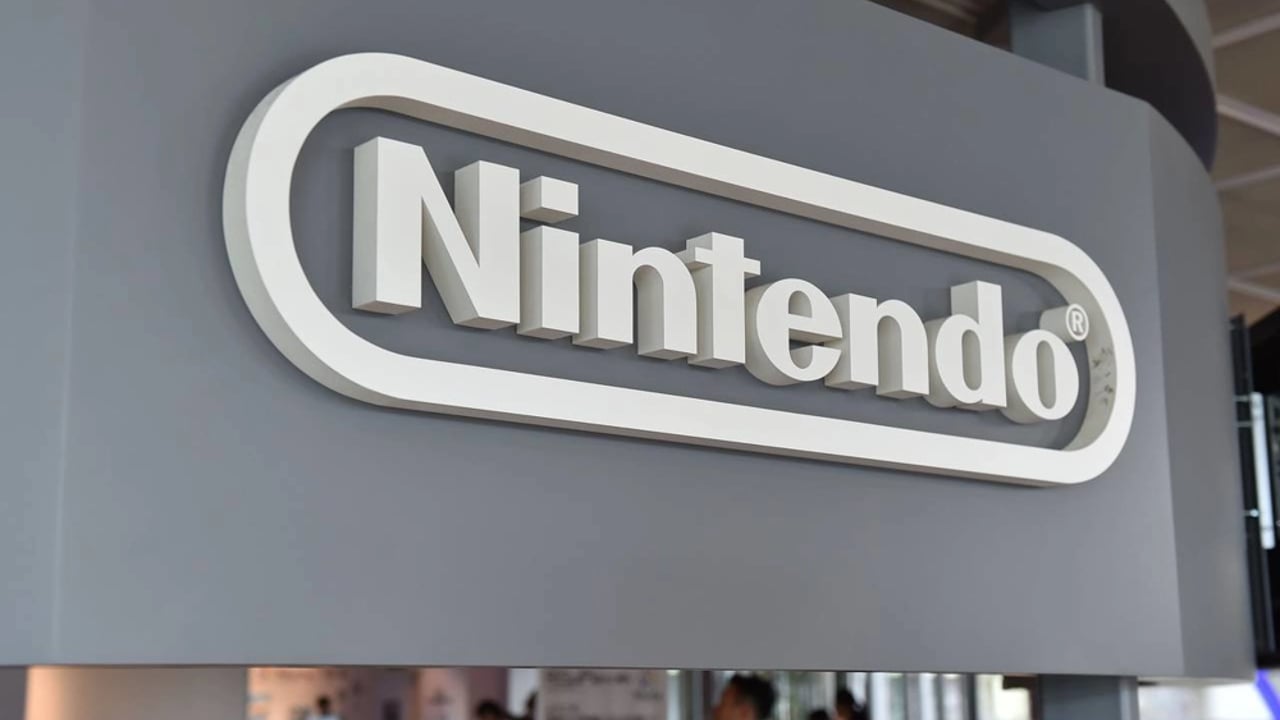
Impact of Tariffs
Tariffs that could reach as high as 46% on products manufactured in China and Vietnam create additional barriers for Japanese manufacturers. Consequently, this generates uncertainty regarding pricing strategies and profit margins.
Nintendo and Its Vulnerabilities
Nintendo has just announced its new next-generation console, the Switch 2. However, the company finds itself in a vulnerable position:
Dependence on the U.S. Market: More than 40% of Nintendo's sales come from North America during the holiday quarter. This makes the company particularly susceptible to fluctuations in the trading climate.
Postponed Orders: In light of the current situation, Nintendo has decided to delay pre-orders in the U.S. until it can assess the potential impacts of the new tariffs. This move raises concerns among analysts as it indicates instability in consumer demand.

Sony and Its Market
Sony has also felt the negative effects of the current situation. Despite its diverse range of products and services, including gaming and electronics, the drop in stock prices suggests that the market does not perceive the company as a reliable player in a context of trade uncertainty.
Potential Consequences for Sony
Decreased Demand for Products. A mass sell-off may lead to a decline in consumer interest.
Supply Chain Difficulties. Increased tariffs could complicate the importation of components necessary for producing new technologies.
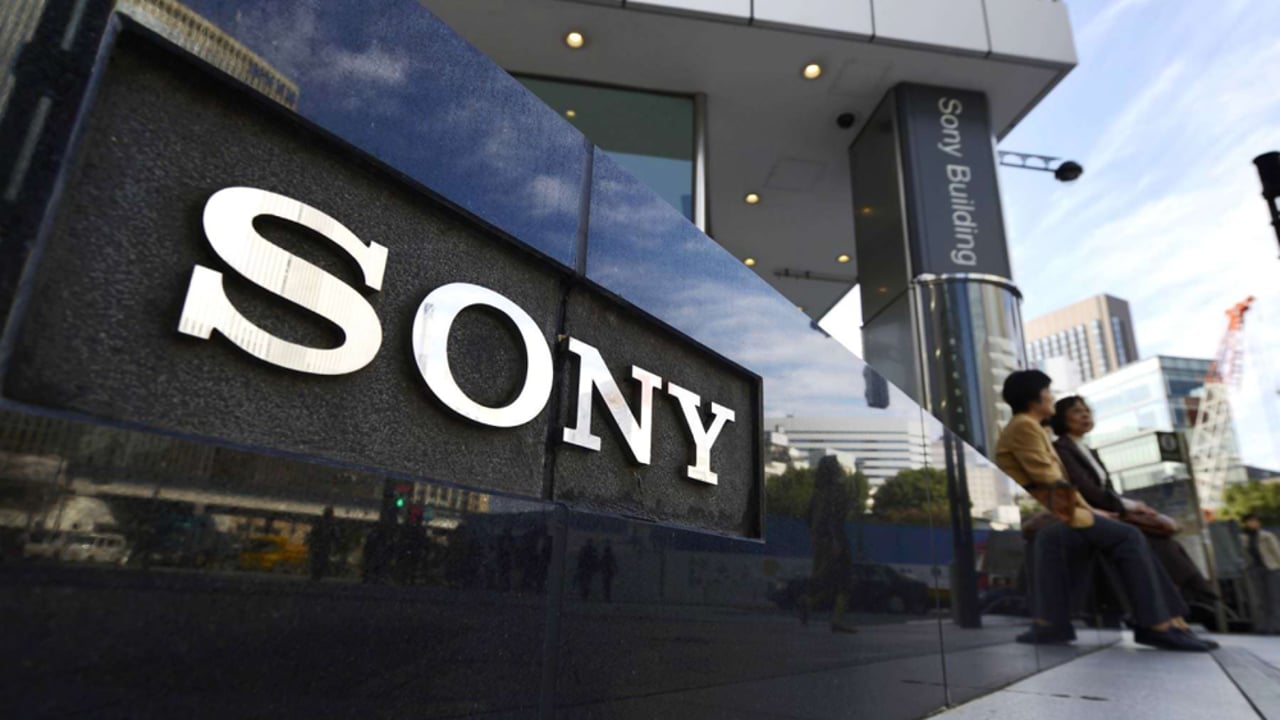
Financial Outlook
In the face of current challenges, both Nintendo and Sony are required to adapt to rapidly changing market conditions. It is anticipated that disruptions in trade relations will lead to further changes in pricing strategies and sales tactics for both companies. Attention should be focused on future financial reports and potential shifts in business structures.
The market clearly signals anxious sentiments, and it is expected that the situations surrounding Nintendo and Sony's stocks will continue to evolve in an environment of heightened volatility. These companies must exhibit flexibility and anticipate the consequences of tariff changes to minimize negative impacts on their business operations.


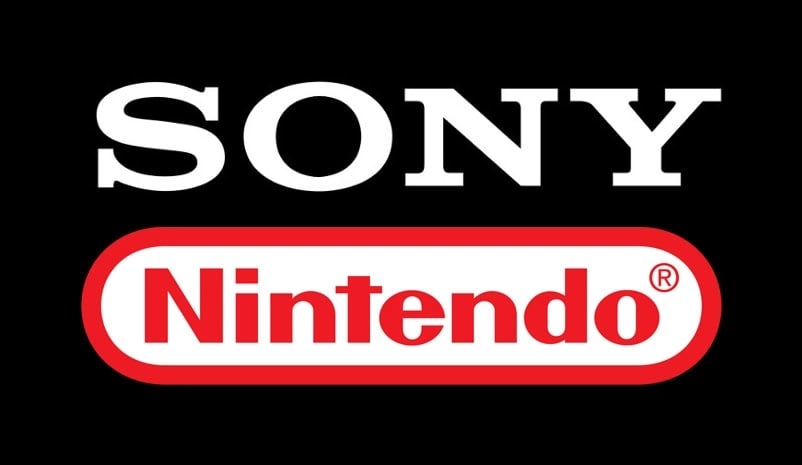





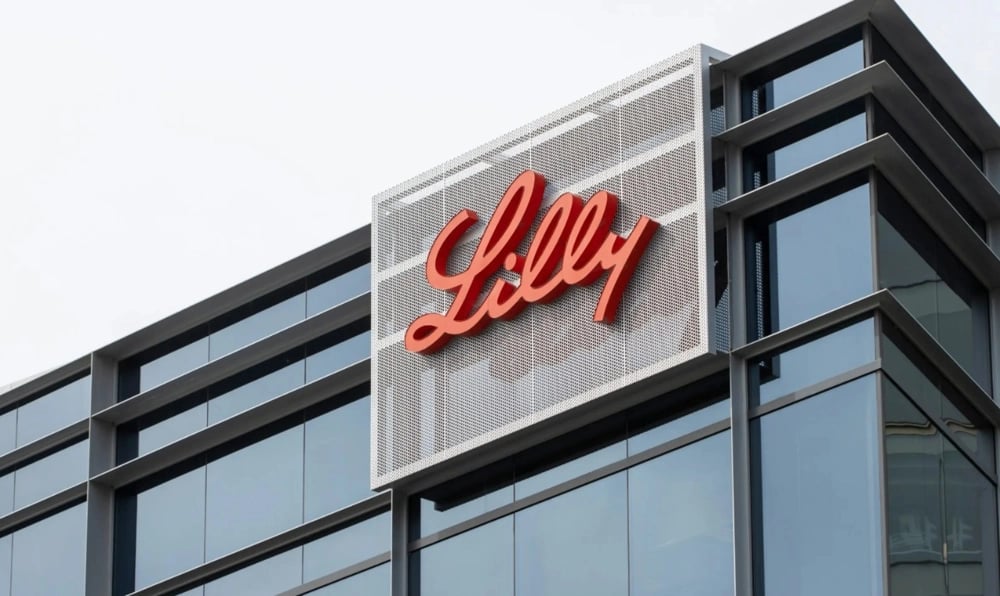
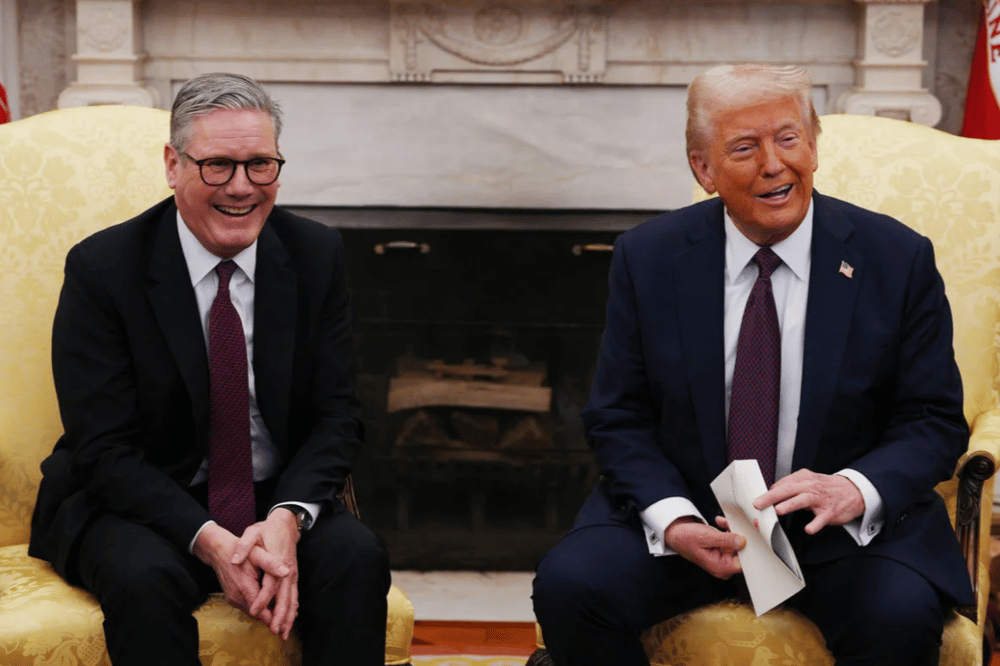


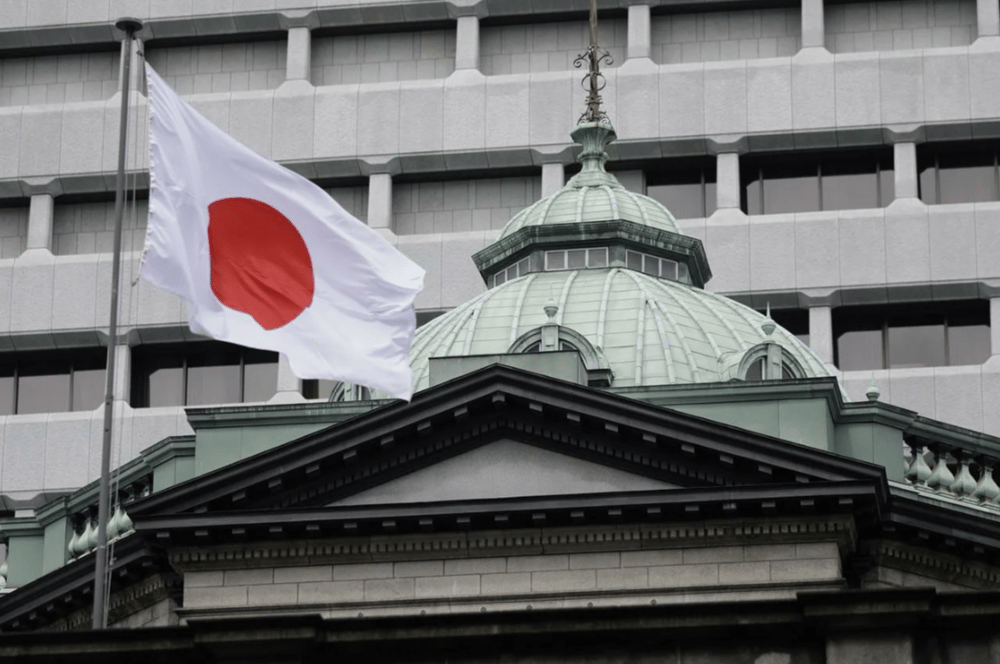





Comments
Embracing innovative investment approaches is fueling unparalleled growth in capital.